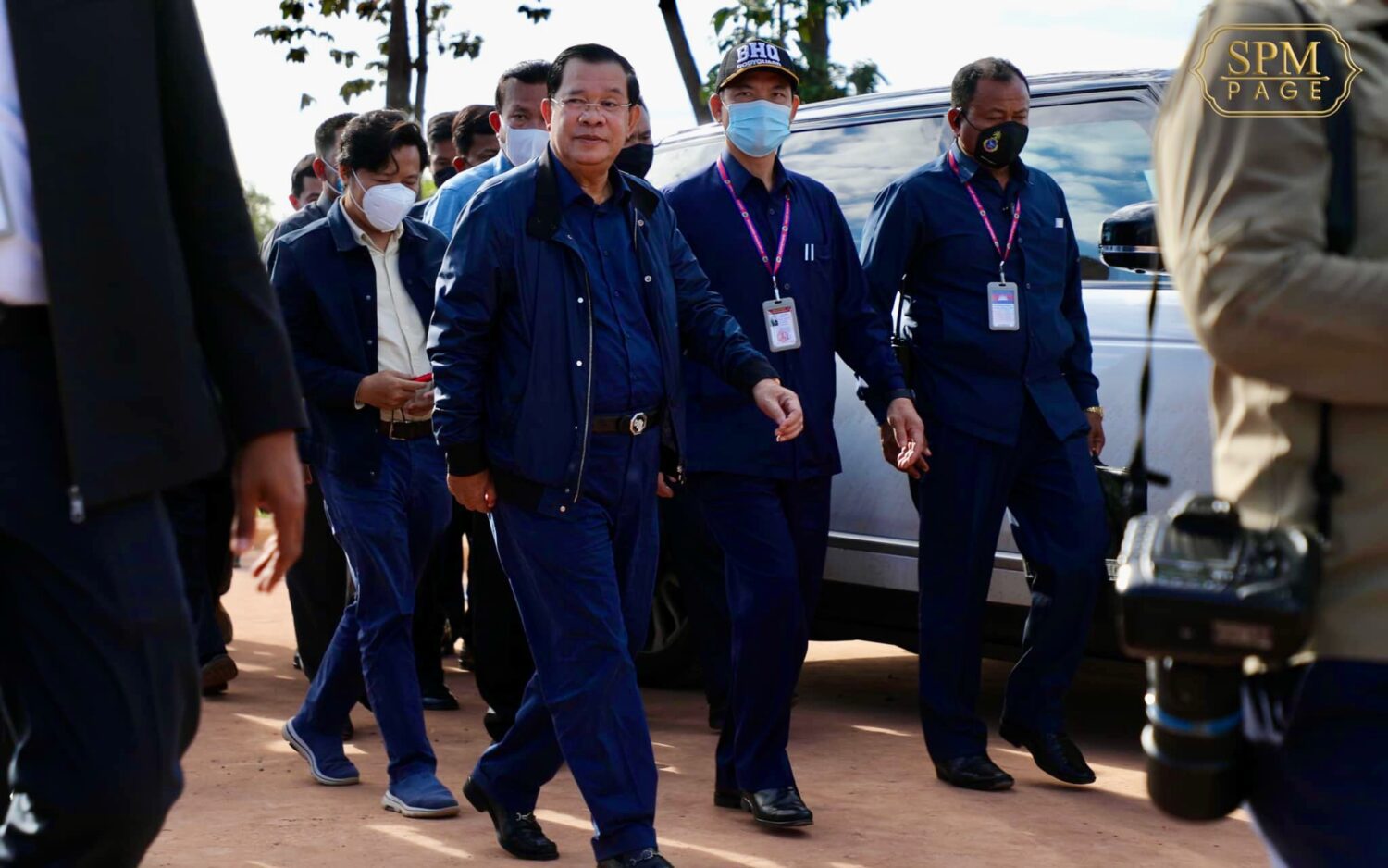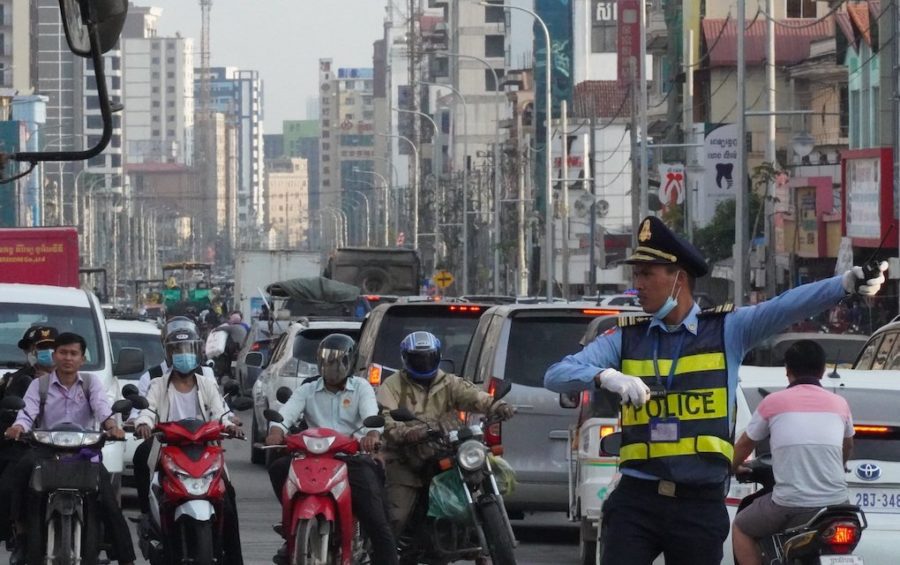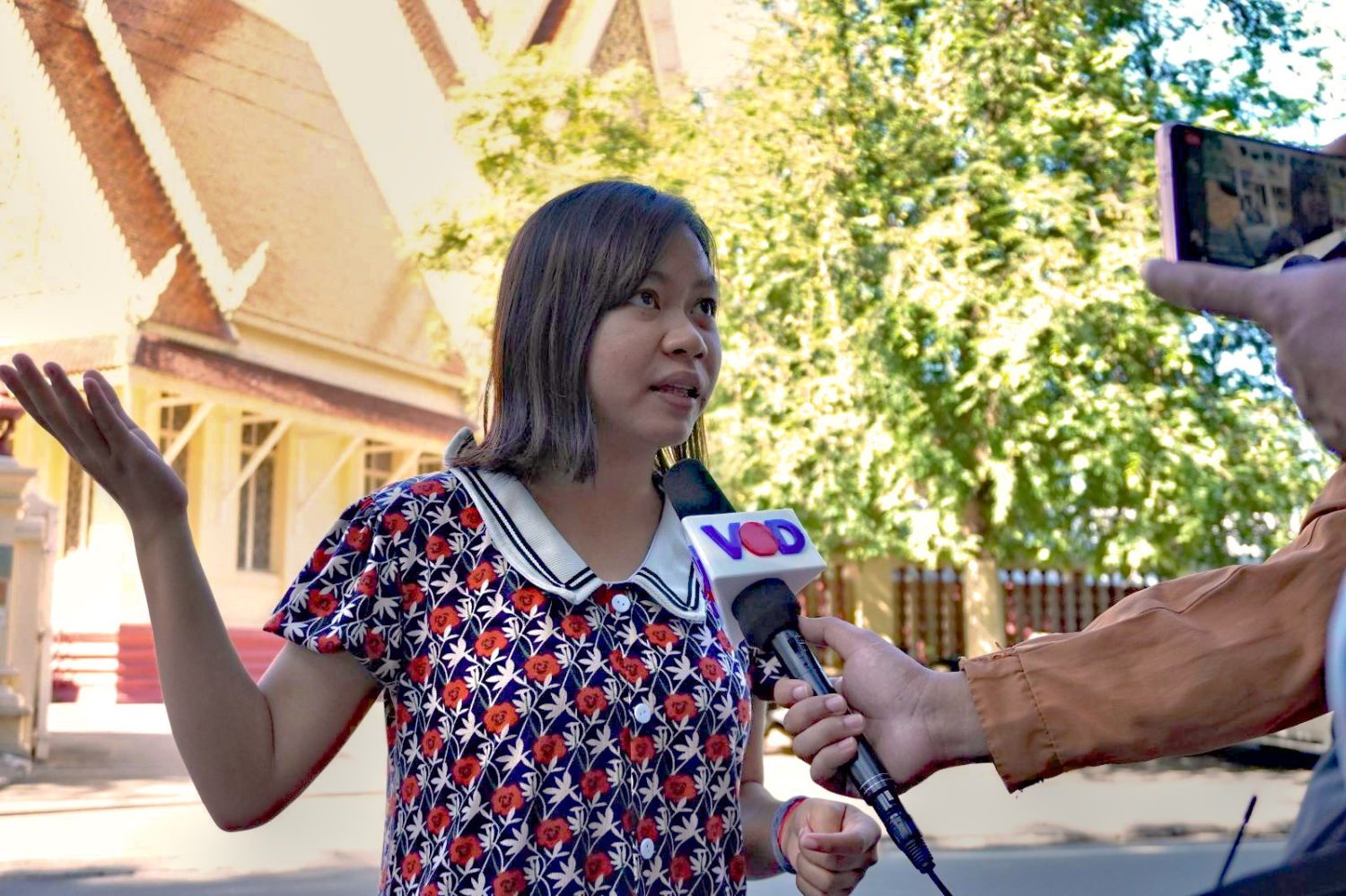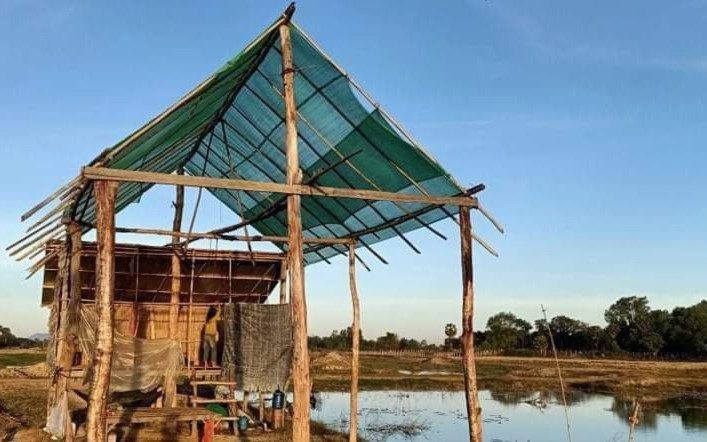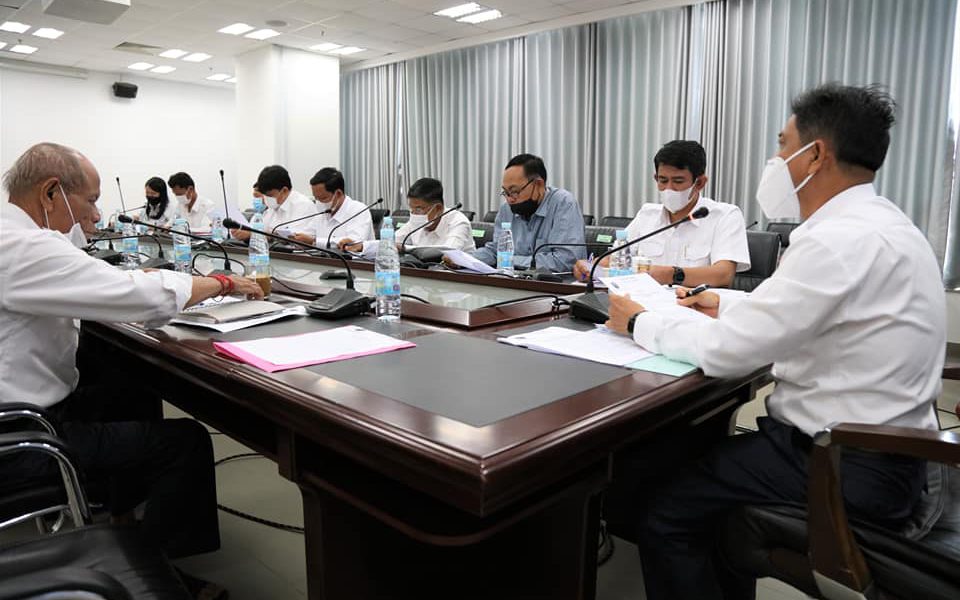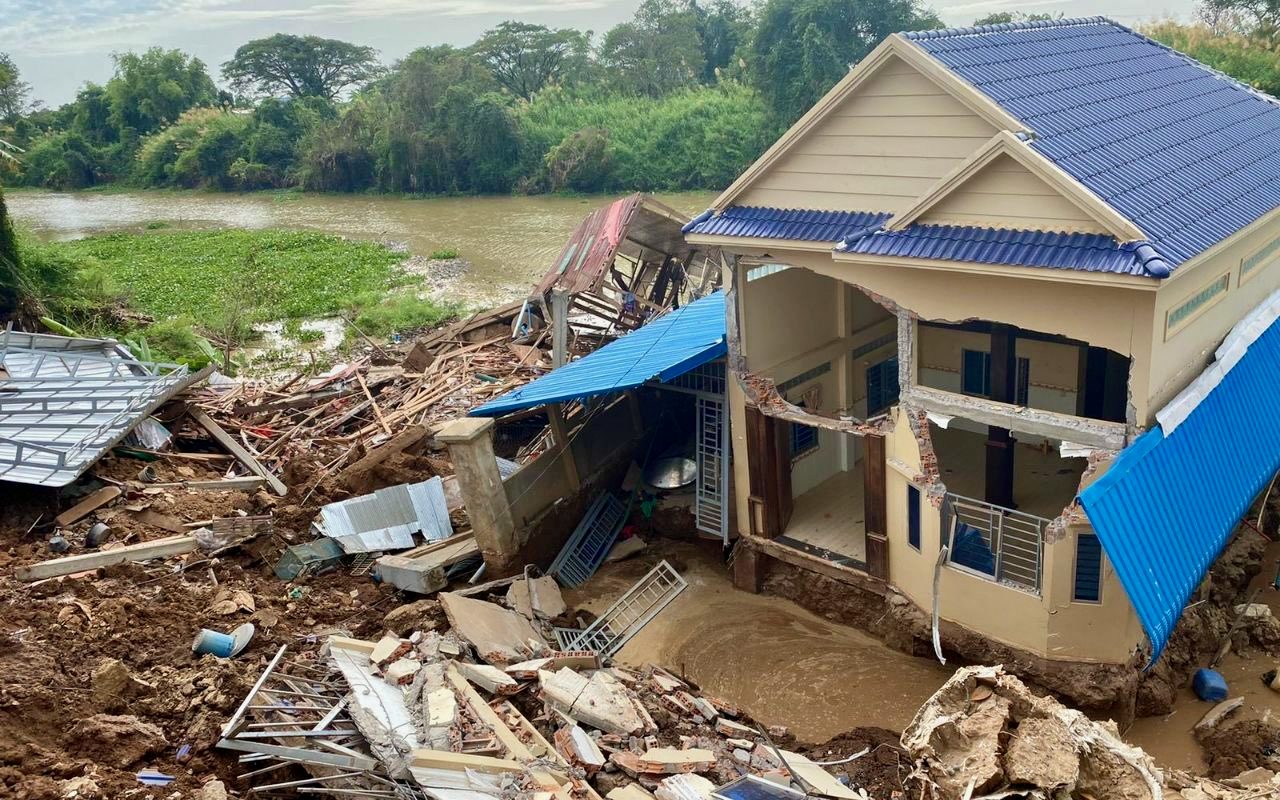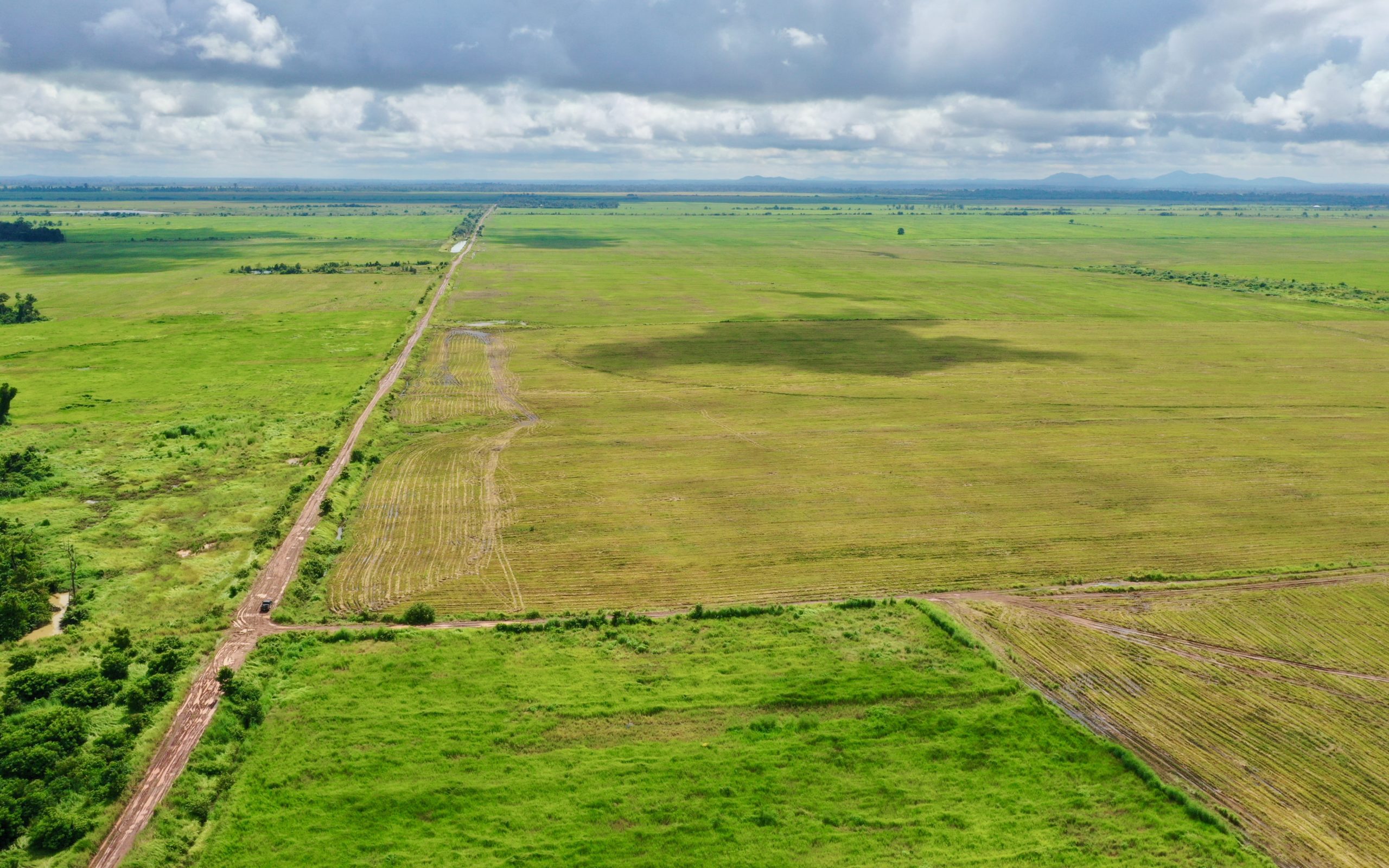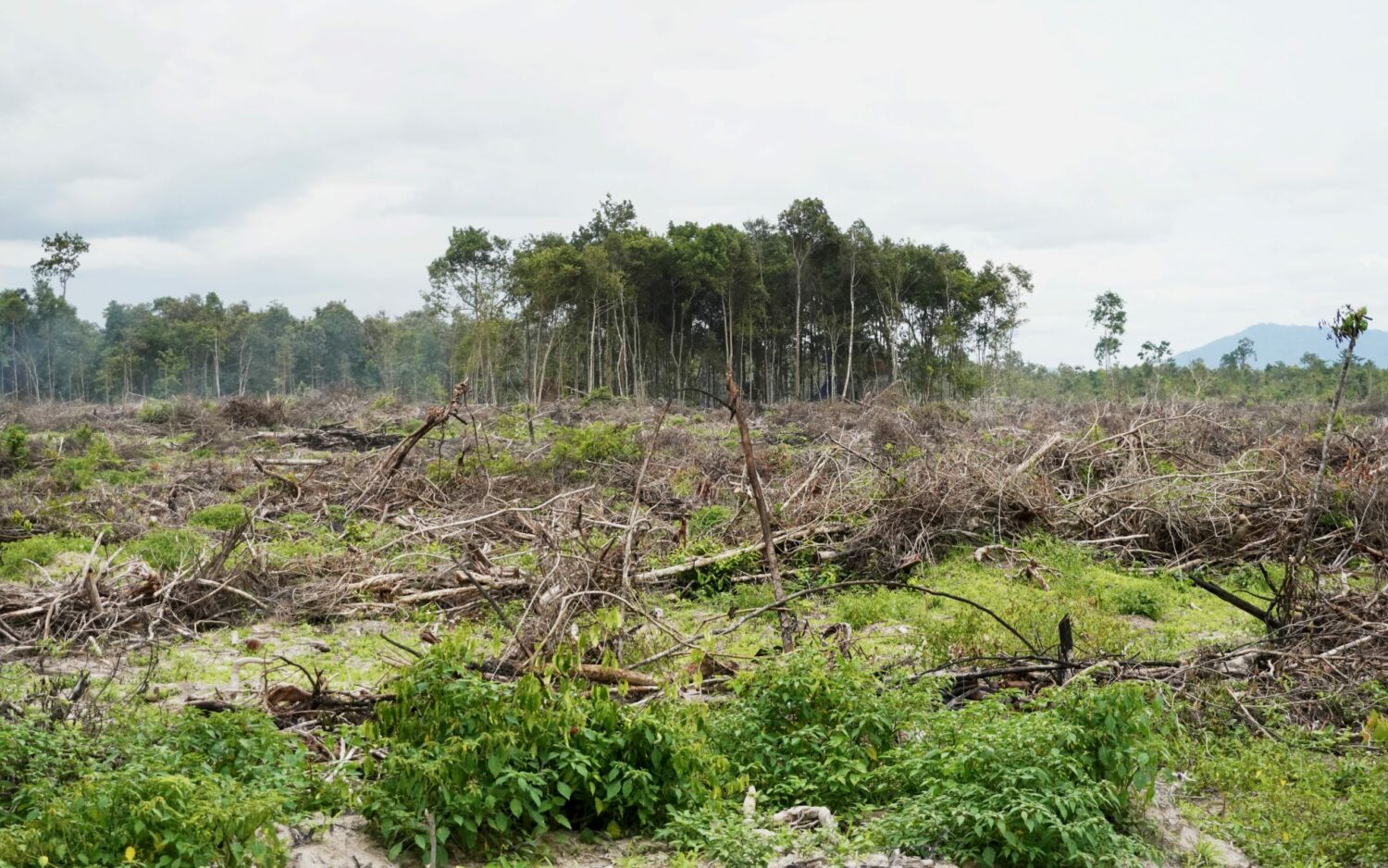Prime Minister Hun Sen ordered local officials to crack down on illegal gambling in villages — physical and online cock fighting, and card and number games.
In a 21-minute audio clip posted to his Facebook page, Hun Sen said gambling games were happening almost everywhere across the country, and provincial and city governors and police officials must take action or be removed.
Hun Sen said illegal gambling was happening at coffee shops and noodle restaurants, and those businesses should be shut down. The games included cock fighting, online cock fighting, cards and a number game called “Loto.”
“Even coffee shops, rice noodle shops out there have games inside that make young people and some people addicted to gambling, under the pretext of drinking coffee, [or] under the pretext of getting this and that,” Hun Sen said.
“I am not afraid to remove from the position of provincial governor, deputy provincial governor or district governor or ranks of military, police or military police officer from five strikes up. I will issue a sub-decree to end their duties.”
If he allowed the gambling to continue, people would sell their cows, buffalos or land and lead to an increase in theft, he said.
— Khan Leakhena
Finance Associations Deny Rights Violations, But Will Conduct Study
Banking and microfinance industry groups will initiate an independent third-party review of their practices in response to a recent German government survey that found high levels of forced land sales and aggressive marketing of loan products.
The large survey found that 16.1% of borrowers said the loans did not benefit them and 6.3% were forced to sell land, and found evidence of over-indebtedness and aggressive door-to-door marketing. The conclusions called for a review and realignment of German taxpayer funding for microlending operations in Cambodia.
The Association of Banks in Cambodia and the Cambodia Microfinance Association released a statement on Friday acknowledging the survey’s findings but downplaying risks in the sector and rights violations faced by consumers.
The statement points to parts of the report that show a “majority positive” response from respondents who had microloans and that there was no evidence of credit causing child labor and migration — an allegation made by local rights group investigating the sector.
The associations said there are limitations to the survey, which did not reflect the sector as a whole, and there could be differences in definition used for overindebtedness.
“We regret that some stakeholders have solely drawn attention to negative points, disregarding the full context of the report, to amplify their statement which is very misleading to the public.”
The statement is likely referring to a local NGO release last week that highlighted the findings of the report and called for the German government to take remedial action immediately.
While downplaying the findings of the report, the banking associations say they will engage “an international and independent external party to conduct an in-depth impact study on the microfinance sector.”
— Ananth Baliga


